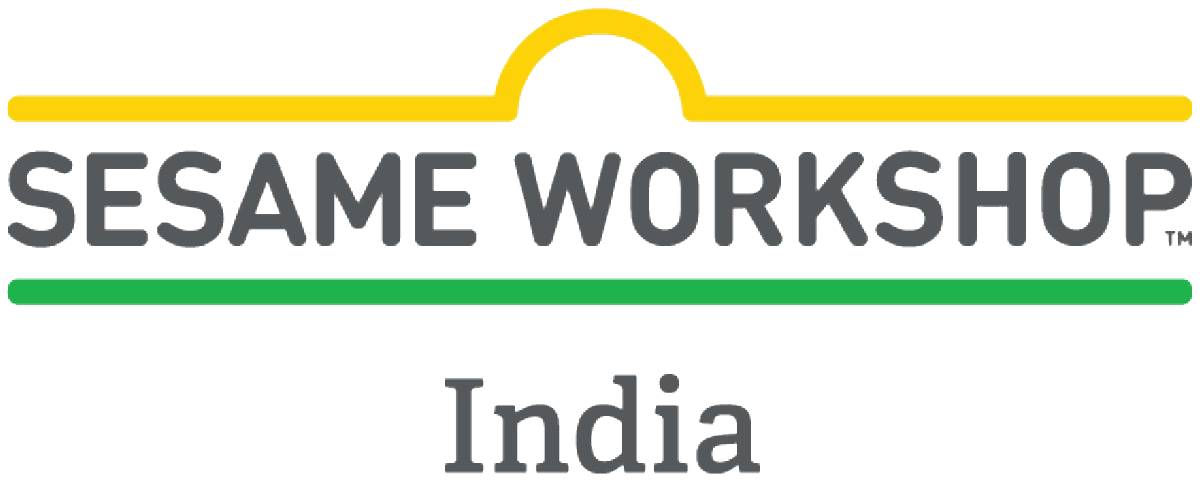A child’s laughter is brighter when it rings out in a clean, safe environment. Yet for millions of children across India, that joy is often burdened by challenges as basic as unsafe water, poor sanitation, and a lack of hygiene. These are not abstract issues, they are daily realities that shape health, school attendance, and even future opportunities. Public health and WASH (Water, Sanitation, and Hygiene) are inseparable. Clean water prevents deadly diseases, proper sanitation protects dignity, and simple hygiene practices like handwashing save lives. For children, these basics are not a luxury but the very foundation of their growth and learning.
This urgency is what fuels Banega Swasth India (BSI), Sesame Workshop India’s flagship WASH initiative in partnership with Reckitt. At its core, BSI tackles one of the country’s most persistent public health challenges, how to move from awareness to actual behavior change. Lectures and posters alone rarely shift habits. But a muppet that makes you laugh, a story that feels familiar, or a game that sneaks in a life lesson? That has power. The program has taken this insight and transformed hygiene education into joyful, child-friendly learning. Puppets like Neela Jadugar and KK Kitanu bring germs and health to life in ways children can relate to. Storybooks, 3D puzzles, and playful videos make handwashing less of a chore and more of an adventure. By rooting serious messages in fun, BSI is ensuring that healthy habits stick.
The journey began by listening closely to children’s lived realities. What does hygiene mean to them? How do they navigate sanitation in their schools and communities? The answers shaped tailored interventions, piloted with 17,000 children across 873 schools. The result was clear: when children learn through play, they remember, and they share. Habits spread from classrooms to homes, reaching siblings, caregivers, and even entire communities.
Building on this foundation, the second year of the program added animated content, comics, and interactive sessions, always refined through ongoing research. Now in its third year, BSI has scaled up exponentially[VP1] [MOU2] reaching 60,000 students in 600 Punjabi schools, including aspirational districts that require the greatest public health interventions. In these classrooms, hygiene is no longer a lecture but a culture, one that children carry with pride.
What sets BSI apart is its philosophy. It views children not as passive recipients of health messages but as active agents of change. When a child brings home a rhyme about washing hands or a story about keeping toilets clean, they influence entire households. Behavior change ripples outward, making WASH a shared responsibility.
The program’s impact also aligns with larger national goals. By supporting missions like Swachh Bharat: Swachh Vidyalaya and India’s long-term vision of Viksit Bharat @2047, BSI demonstrates how corporate responsibility and nonprofit expertise can converge for systemic change. It strengthens Sesame Workshop India’s broader mission of helping every child grow smarter, stronger, and kinder, whether through WASH-focused initiatives like BSI or eco-awareness through Mera Planet, Mera Ghar.
At its heart, Banega Swasth India is a reminder that public health does not have to be heavy to be effective. Sometimes the surest way to build a healthier, stronger future is through the laughter of a child holding a puppet, singing a rhyme about handwashing, and carrying that message home.
